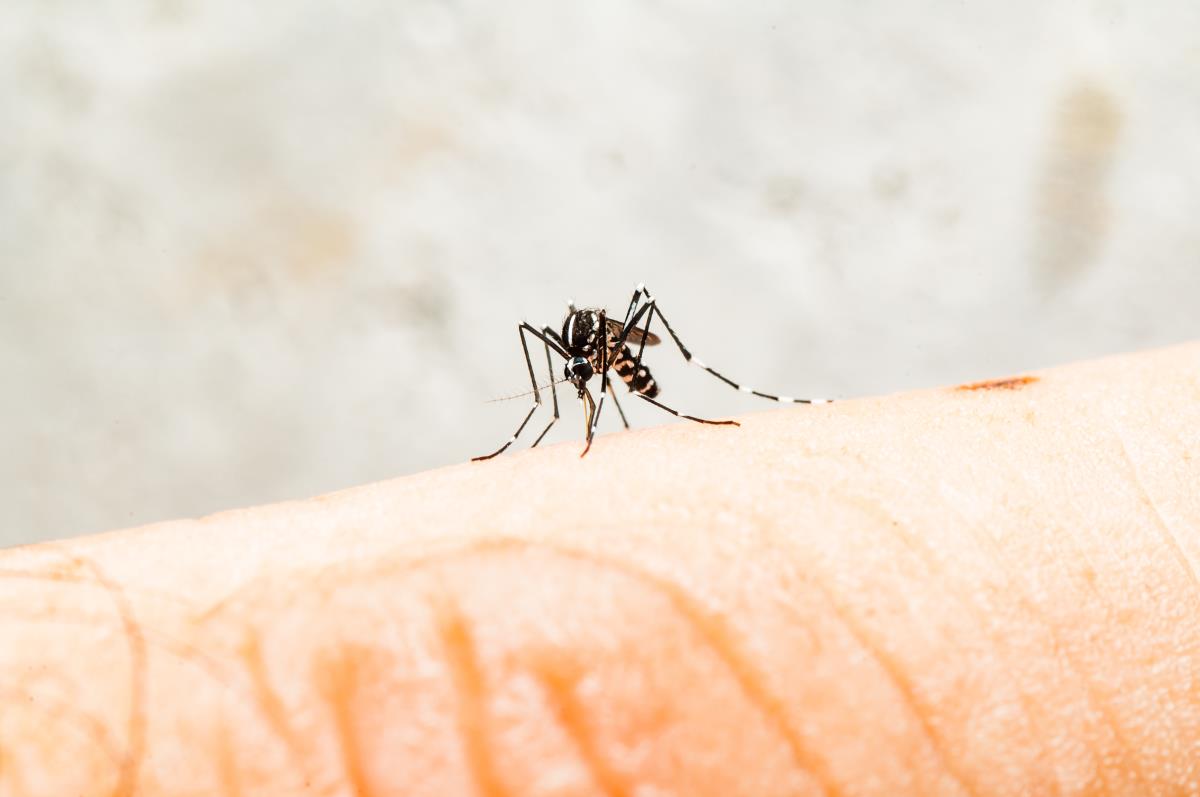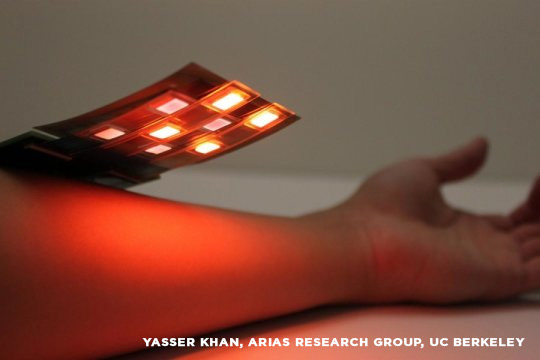
But there's a caveat: The team reveals that only some of these antibodies have the ability to neutralize the coronavirus. The immunological study looked at 149 people and found that while the antibodies they produced are able to latch onto the virus, only a few are capable of blocking it from infecting cells.
Everyone develops antibodies, but are they strong enough?
In their report, posted in the preprint server bioRxiv, the team worked with immunologists, medical scientists and virologists to collect blood samples from recovered COVID-19 patients. While most of the samples they collected had antibodies present, these showed either poor or modest “neutralizing activity,” which indicated a weak antibody response.
The researchers also found that all the recovered patients were capable of producing effective antibodies, but some of them weren't producing enough. Nevertheless, the researchers noted the presence of rare antibodies with potent antiviral activity in all the samples they tested.
“This suggests just about everybody can do this,” said senior author Michel Nussenzweig, who is also the head of the Laboratory of Molecular Immunology at Rockefeller. If scientists are able to develop a treatment that can activate these rare antibodies, Nussenzweig says that it can possibly work for “a lot of people.”
In addition, the team identified three distinct antibodies that had the most promise in neutralizing the coronavirus. They are currently developing these antibodies for use in therapy. (Related: mRNA vaccines, a primer: How they work, why they’re “cleaner” than traditional vaccines, and why they might prove catastrophic in a rushed coronavirus response.)
Replicating strong responses for treatment
A total of 149 people who recovered from COVID-19 visited the Rockefeller Hospital to donate plasma, the part of blood that contains antibodies, as well as the immune B cells that produce them. Those who donated exhibited symptoms nearly 40 days before they donated plasma and had symptoms that lasted for an average of 12 days.
The researchers tested the neutralizing ability of the plasma samples using an antibody test that they developed. It involved mixing a pseudo version of the SARS-CoV-2 virus, the pathogen behind COVID-19, with the plasma samples and testing whether it can still infect human cells in vitro.
The team discovered that the neutralizing activity of a third of the plasma samples was below detectable levels. They interpreted this to mean that the owners of these samples were able to resolve the infection quickly, even before the antibody-producing cells got involved. Most of the samples, meanwhile, exhibited poor to modest neutralizing activity. Only 1 percent showed high neutralizing activity.
“Like in other diseases, everyone responds differently,” explained lead author Davide Robbiani, who is also a researcher at the Laboratory of Molecular Immunology. “Some people have [a] poor response, some average. And then there [are] a fraction of people that are exceptional responders.”
These people -- the one percent -- are what the team is looking for. Because of their high levels of neutralizing antibodies, plasma samples from these recovered patients will make it easier for the team to catch the immune B cells that produce them. These cells can be developed into a therapy that will allow everyone to have a “strong” response against the coronavirus.
From the plasma samples of the exceptional responders, the researchers identified 40 antibodies that can neutralize the coronavirus. They decided to focus on three antibodies that exhibited neutralizing activity even at low concentrations. The team is now working on developing them for clinical use.
The neutralizing antibodies identified in the study bind to at least three specific sites that are found on the receptor-binding domain (RBD) of the coronavirus's spike protein. This protein is what the virus uses to gain entry into target cells. Low-performing plasma samples also contained RBD-binding antibodies, but only in small amounts.
“We now know what an effective antibody looks like and we have found similar ones in more than one person,” Robbiani said, adding that this is important information for scientists who are currently working on coronavirus treatments.
Pandemic.news has more on the ongoing coronavirus pandemic.
Sources include:
Please contact us for more information.






















